Tags
Let’s face it, women didn’t have a lot of career options until ’round about World War II. Women in the 18th and 19th century could either: 1. Marry, 2. Die alone and dependent upon their families, or 3. Become a school-teacher or governess IF they were educated enough. Eventually “4. Factory-drudgery and potential death in horrific fires and other industrial accidents” became another option for urban women, but that wasn’t a particularly appealing prospect. As a result, generations of talent were squandered.
Imagine how much your favorite stories would change if the female characters could have pursued careers that inspired them. Here are our thoughts on what some of those literary ladies might have been pretty good at given the opportunity.
Estella from Great Expectations – I see her as a snooty sales clerk at Abercrombie and Fitch. She’s beautiful and she knows it, and you aren’t good enough for her.
Lizzie Bennet – A lawyer. She’s opinionated, quick-witted, and she puts up a good argument.
Marian Halcombe – Investigative journalist. She’s brave, sneaky, and smart.
Dorothea Brooke in Middlemarch – Non-profit founder. She cared greatly for the poor and engaged others to help her repair and build better homes for the poor in her neighborhood.
Beth March – Video game designer/programmer. An imaginative introvert, she’d be a great fit as a programmer.
Amy March – CEO. Amy was spoiled and always expected to get her way, and doesn’t expecting to get your way make for a strong CEO? Maybe that’s debatable…
Miss Havisham – Acerbic late night show host, a la Joan Rivers. How about channeling all of that cynicism and bitterness into comedy?
Hester Prynne – CIA/NSA agent. She’s good at concealing her emotions and great at keeping secrets!
Lydia Bennet – Gossip blogger.
Mary Bennet – Repressed librarian secretly running a 1-900 hotline.
Any others? Who did we miss?



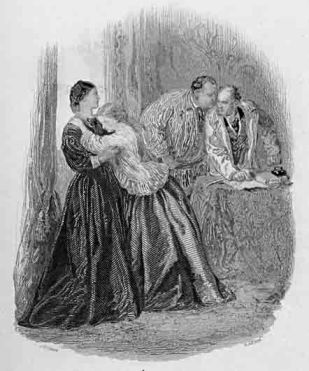
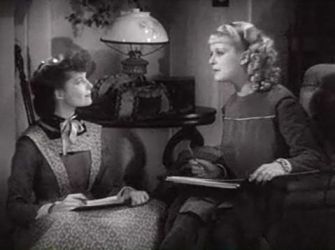
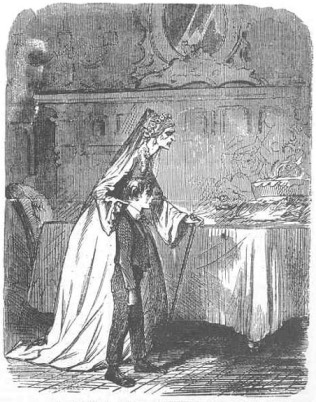
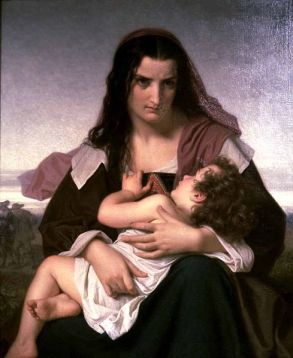
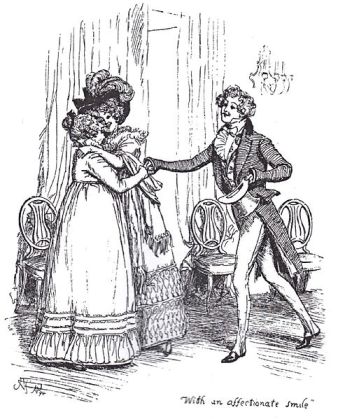
I love this!
Thanks! Glad you liked it.
Jane Eyre – psychologist – she was great for listening to others
Marianne Dashwood – artist – or working in public relations of a non-profit organisation like Greenpeace – somewhere where her passion would be highly useful.
Elinor Dashwood – kept her cool even in emotionally challenging situations – I’d say police woman or judge
Those are all great suggestions! I particularly like Elinor as a judge – I think that’s a good one.
Pingback: Bookish highlights | find a girl who reads
interesting take on the ladies of yore
Thanks! So glad you enjoyed it.